Over the past two months, there have been a number of developments in the omnibus procedure for CSRD (Corporate Sustainability Reporting Directive),...
- calculating your corporate and product carbon footprint,
- life cycle assessment (LCA) of products, processes, and services,
- introducing sustainability management in the company including appropriate sustainability KPIs,
- setting up a comprehensive sustainability strategy,
- writing sustainability reports,
- developing sustainable business models and products according to current EU standards.
Whether it is environmentally friendly product development, the development of strategic sustainability management, or the fulfilment of current requirements and guidelines: Contact us – we are there for you.

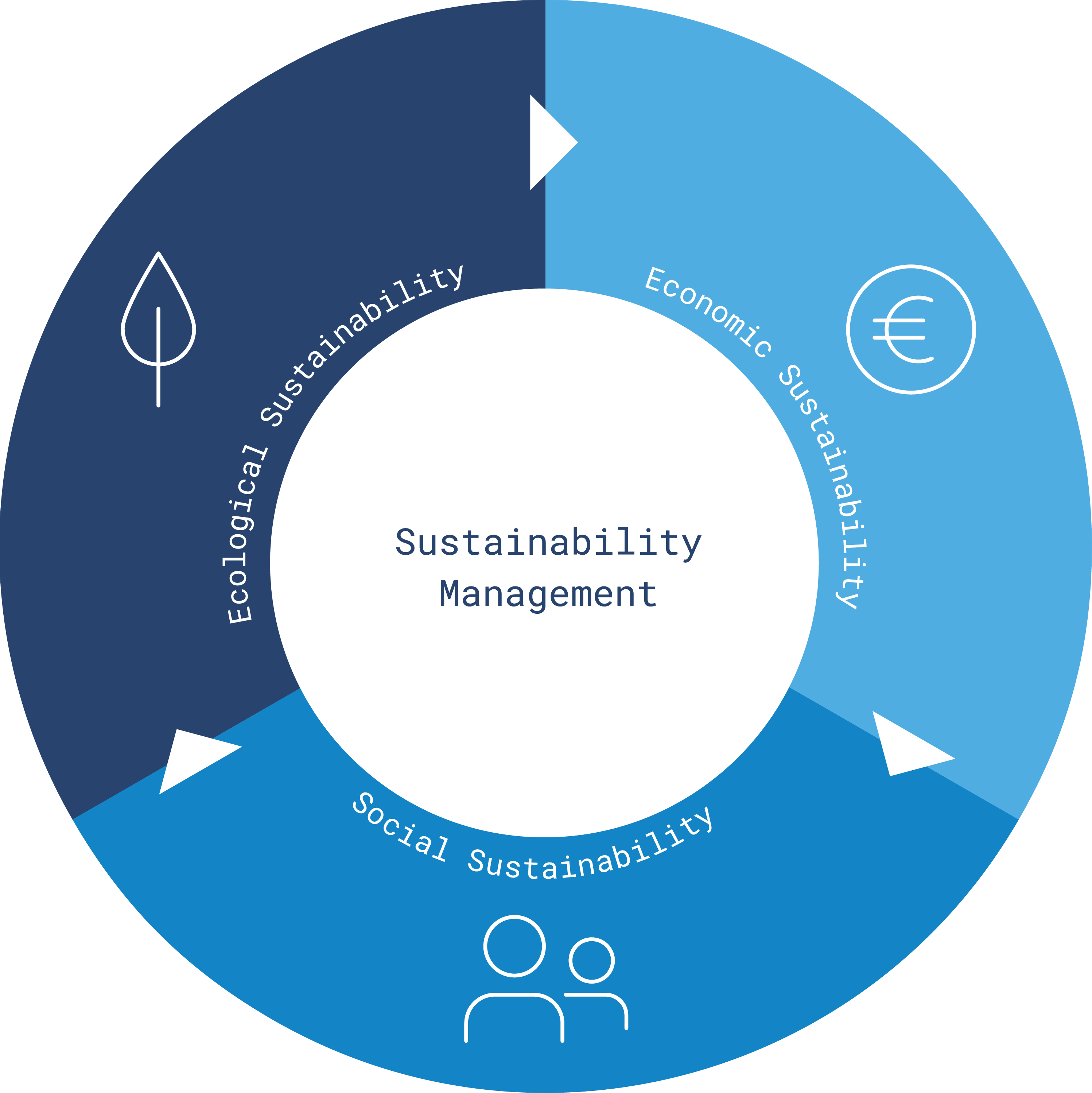


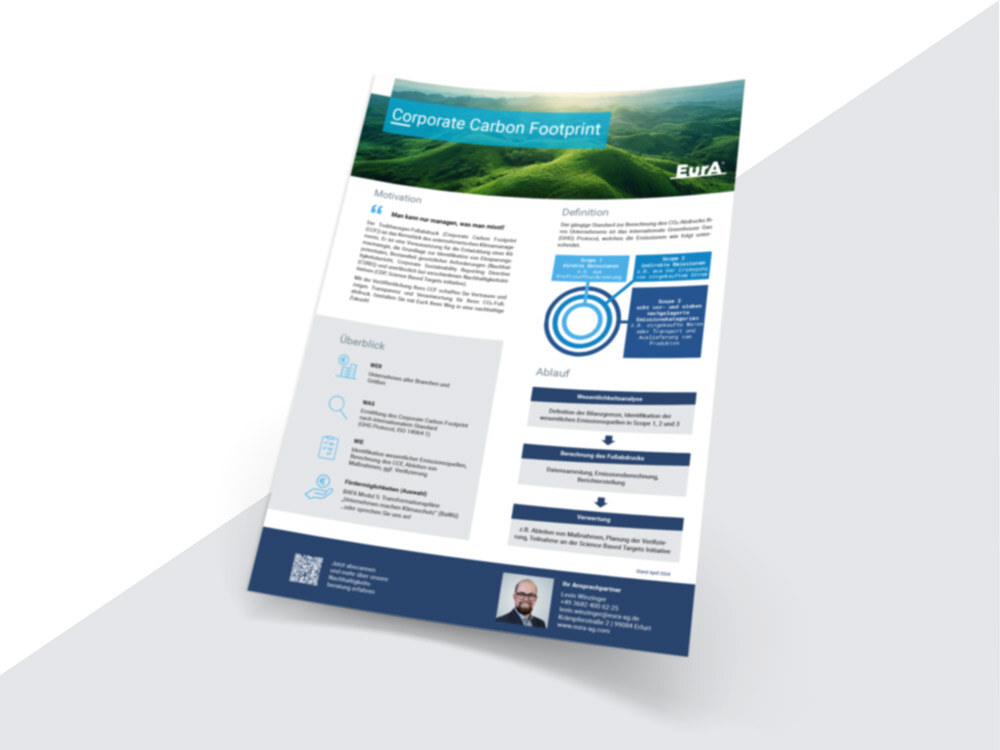





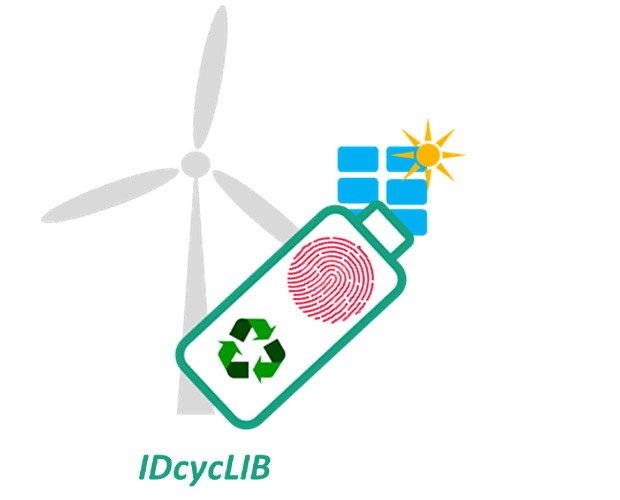




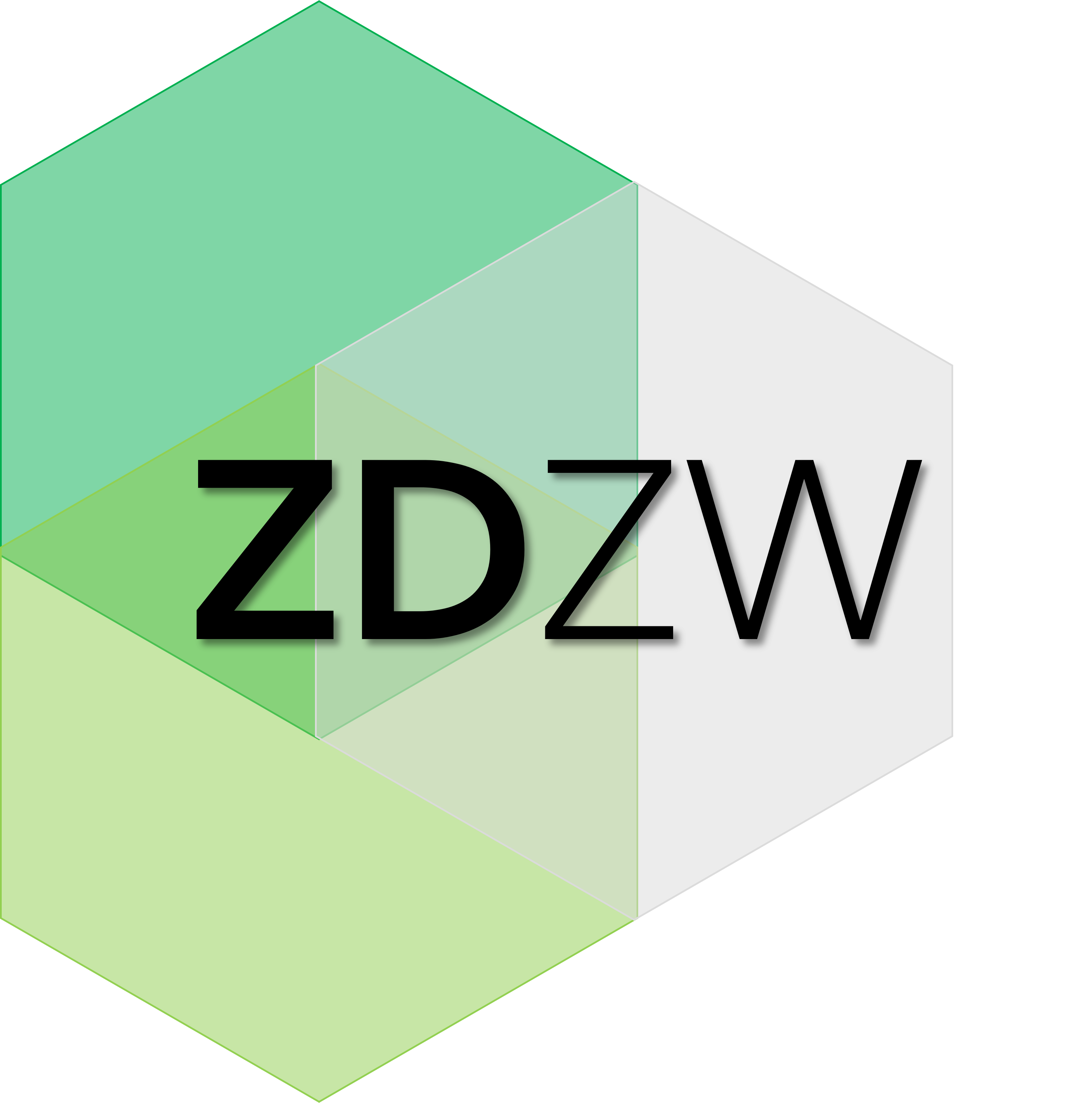
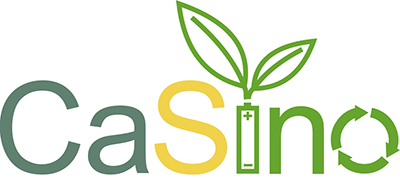
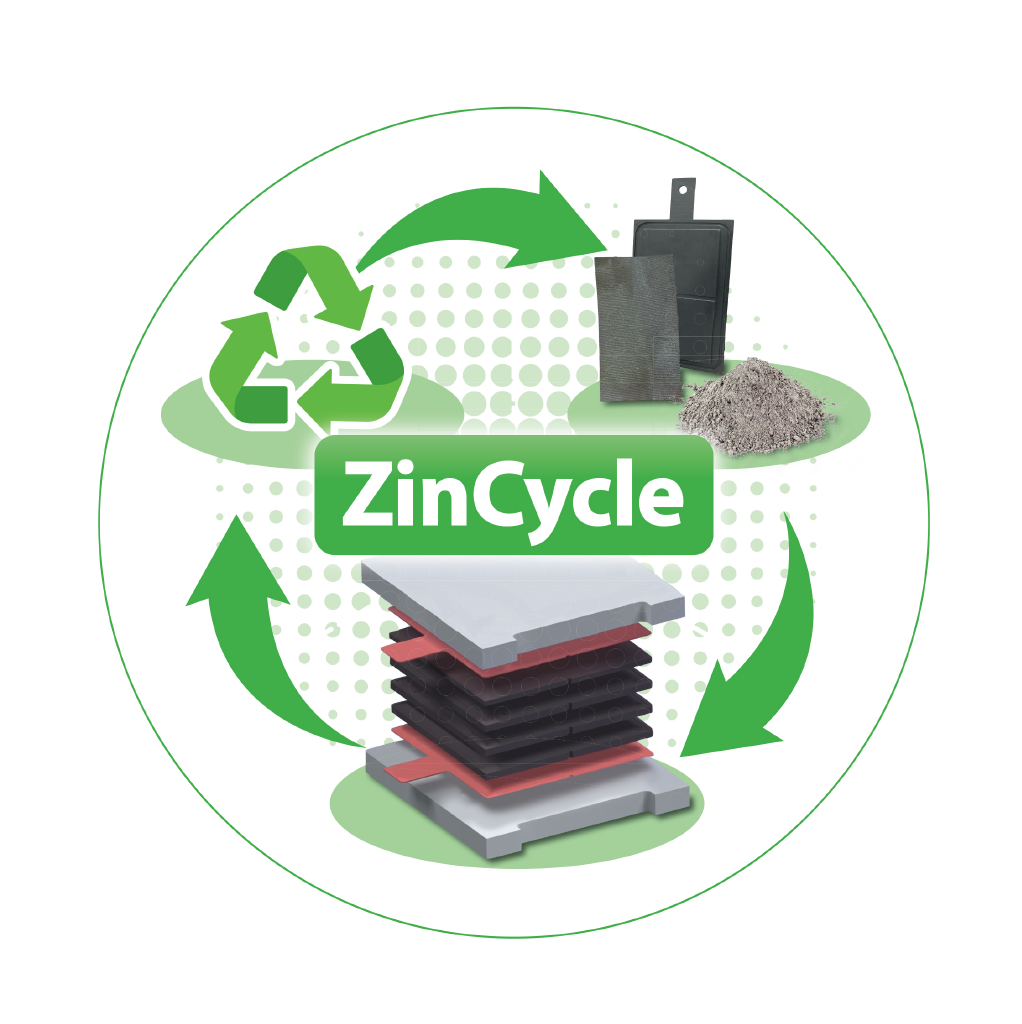

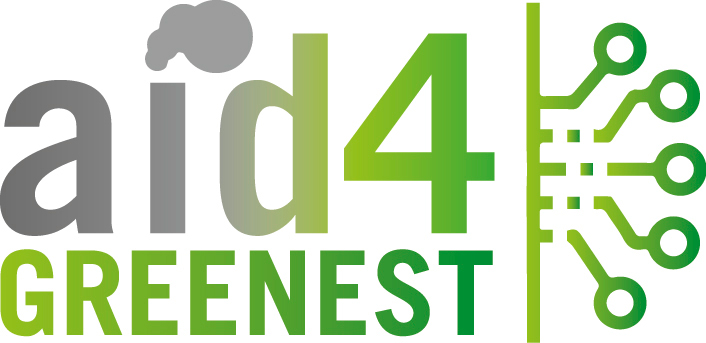
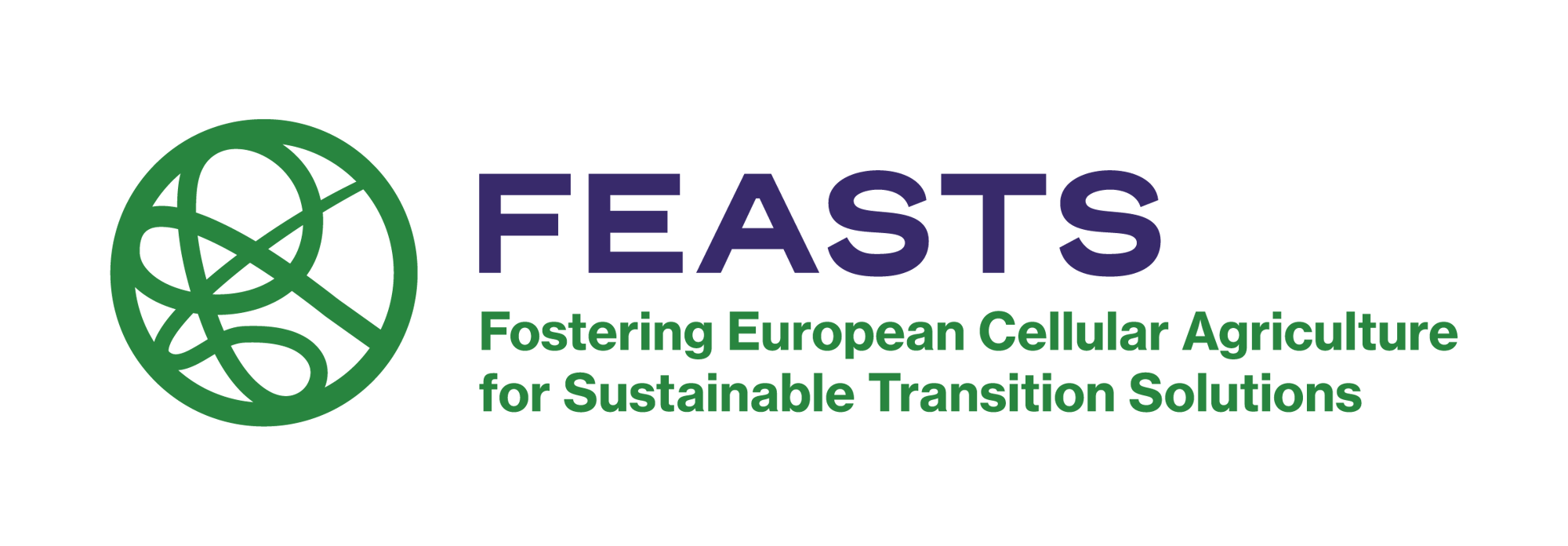
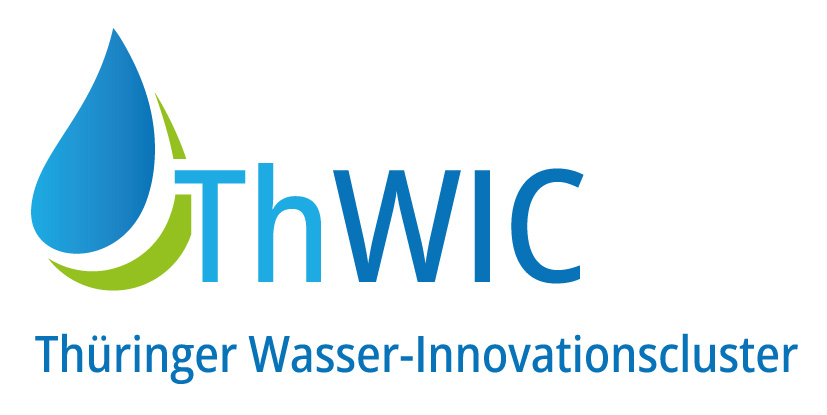


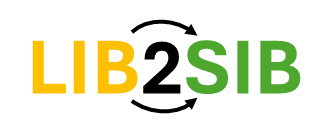

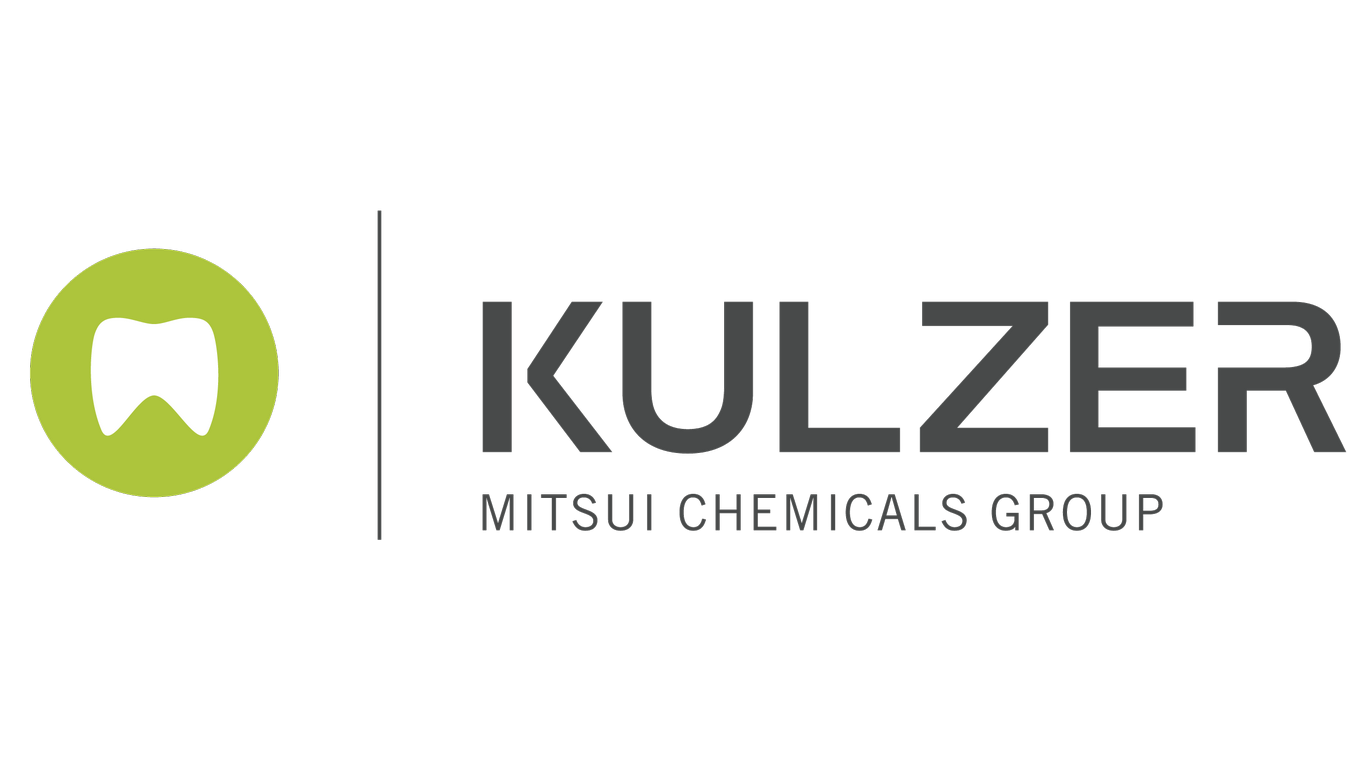
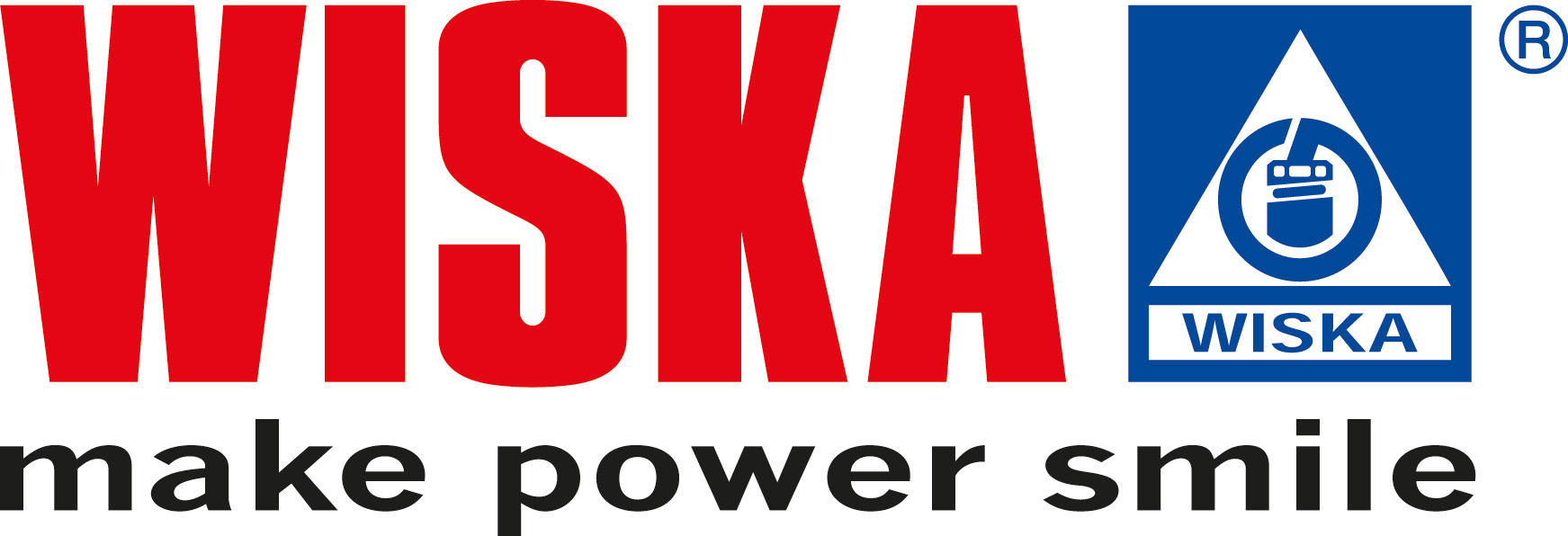




.jpeg)

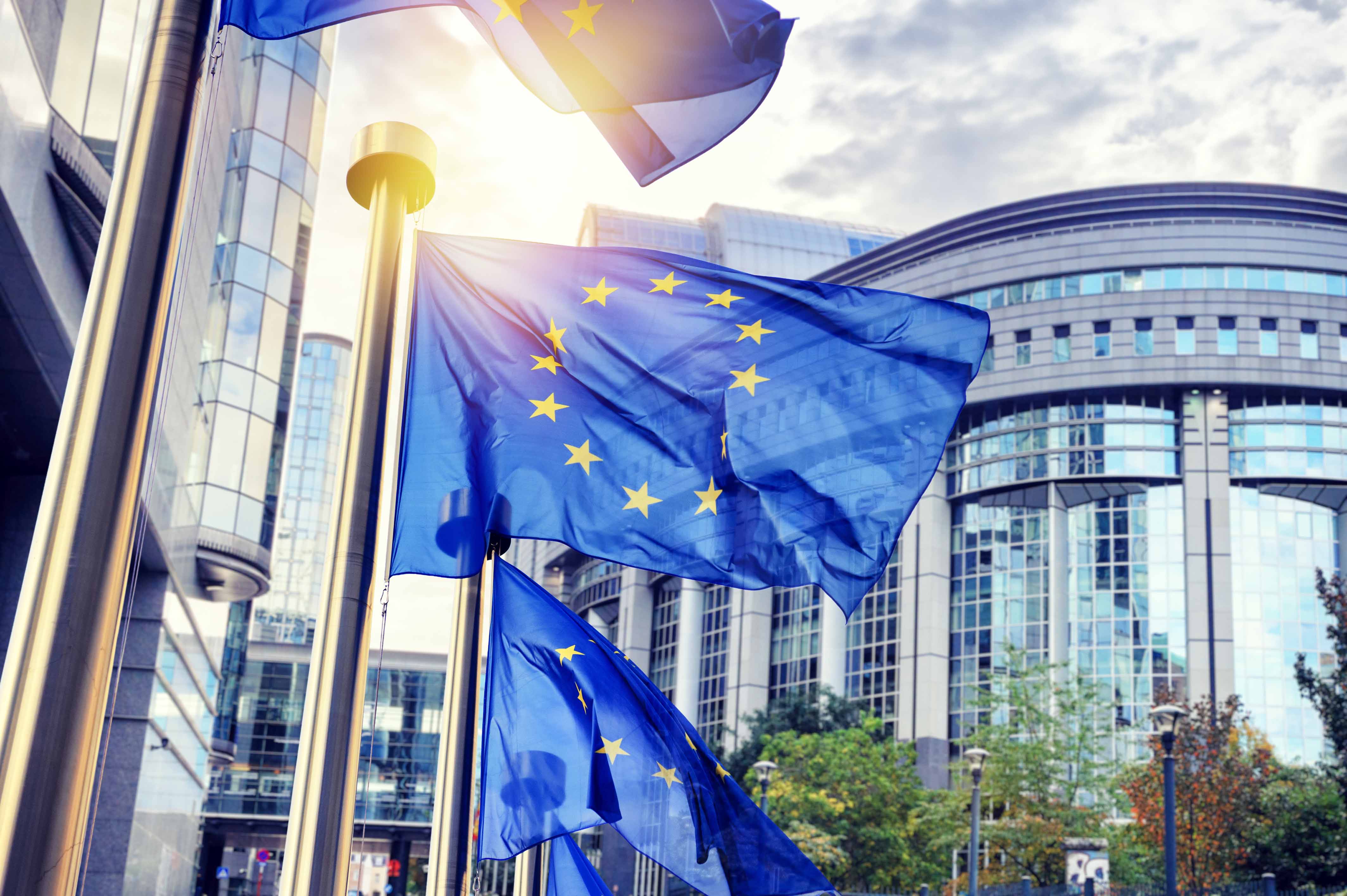
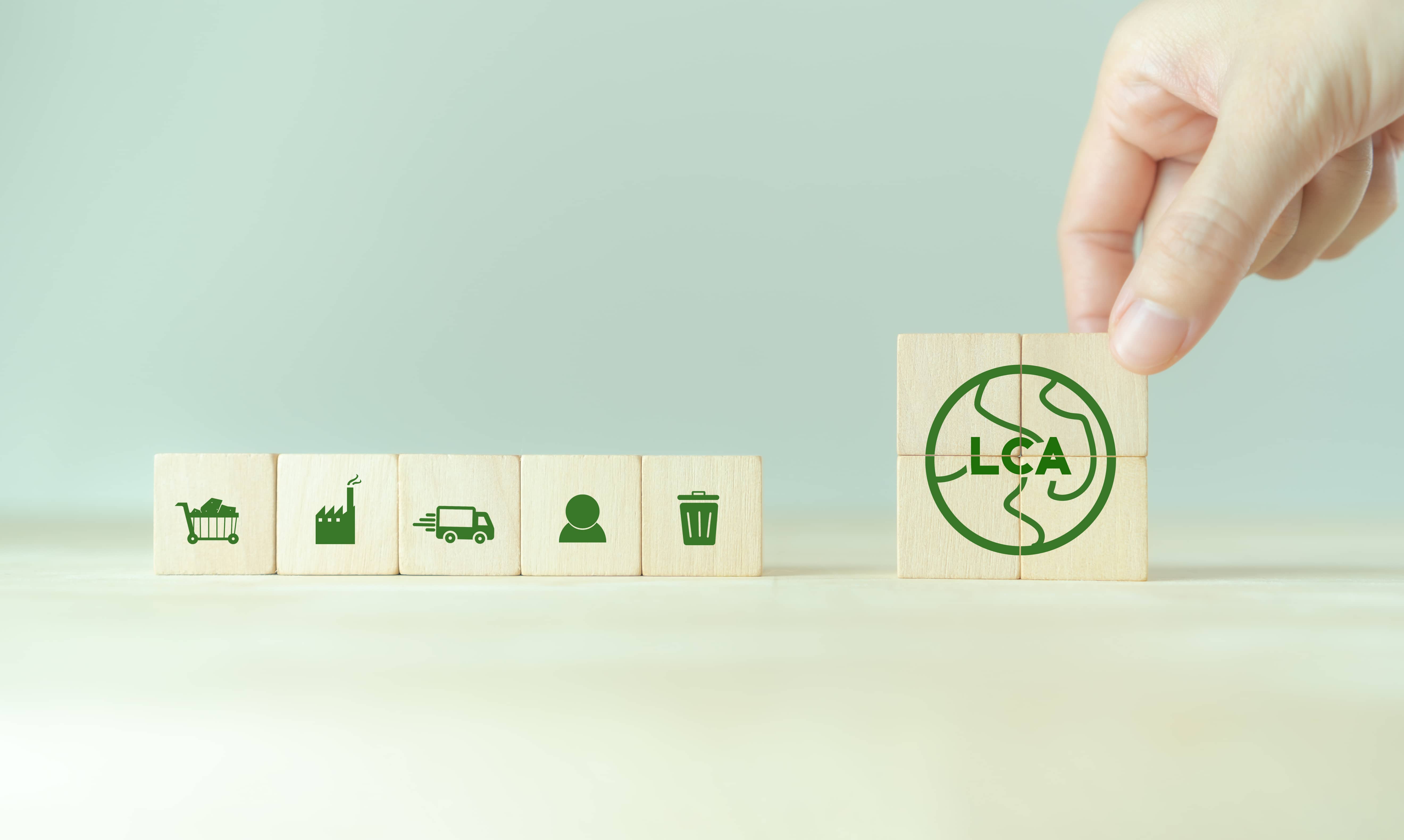



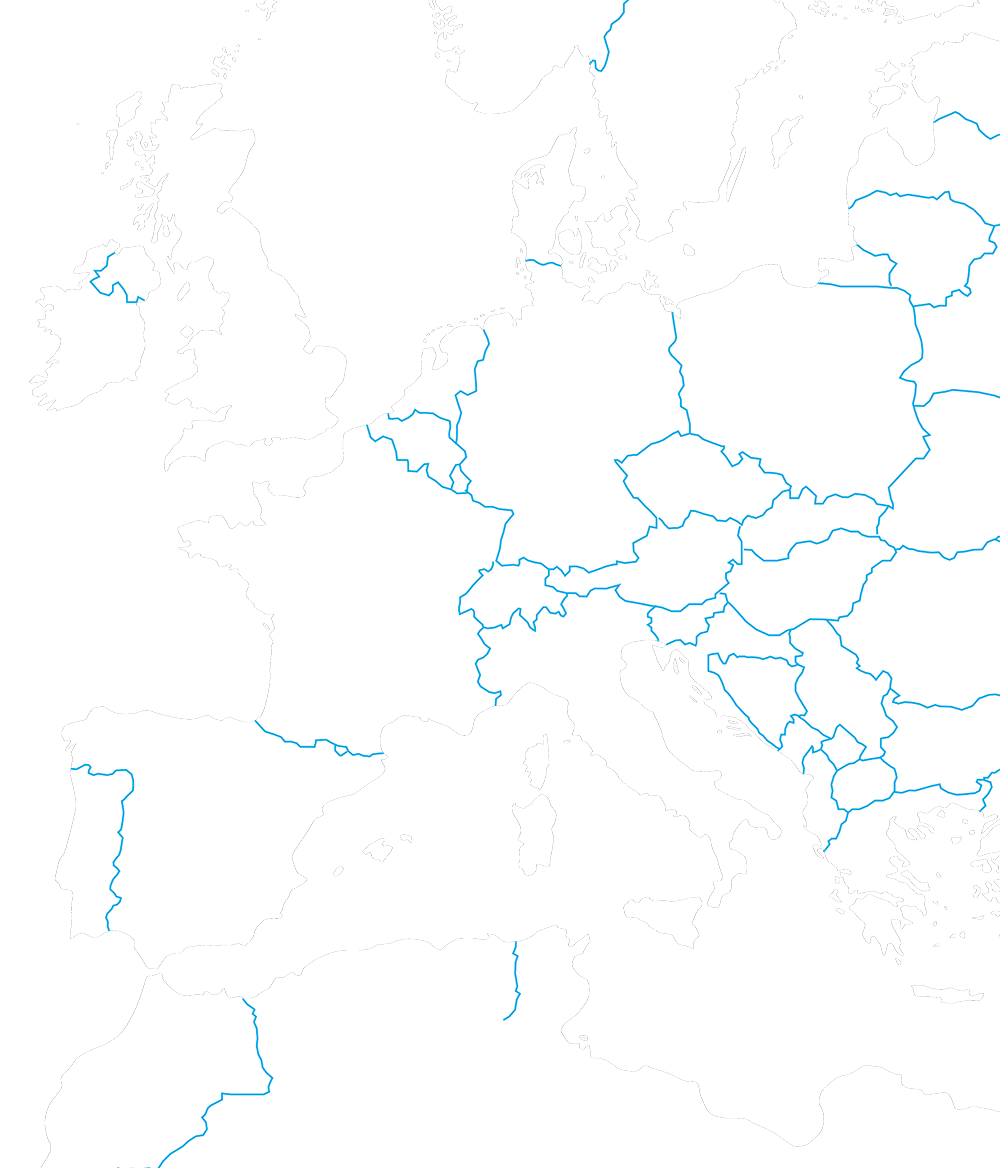

EurA AG
T- 079619256-0Max-Eyth-Straße 2
73479 Ellwangen
info@eura-ag.com